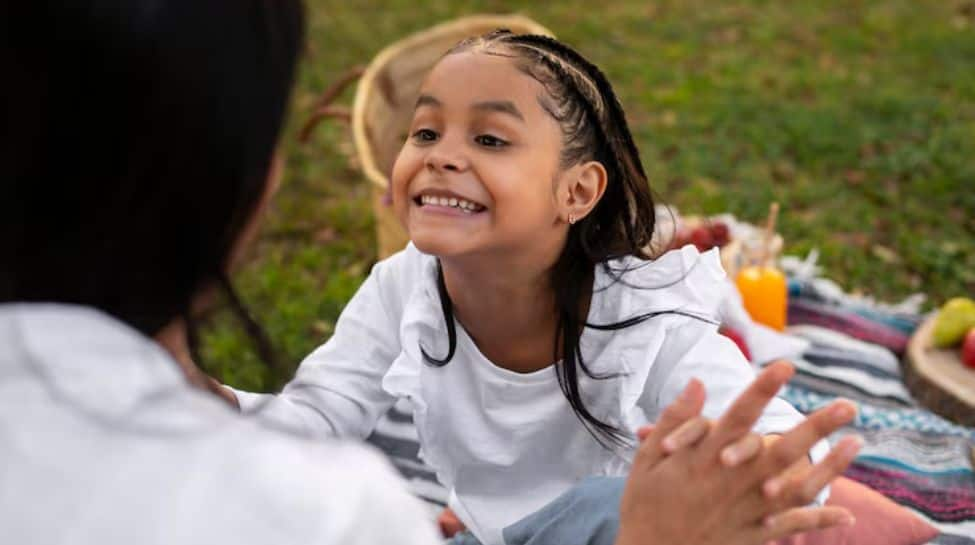Early intervention matters. When we pay attention to a child’s worries, fears, or mood changes early on, while their brain is still growing, we help prevent small problems from becoming larger ones. Simple support like open conversations, safe spaces, and professional help when needed builds emotional strength and coping skills.
Roy Aniruddha, Founder & Chairman of TechnoStruct Academy states, “These early steps don’t just ease the moment; they shape how children learn, relate to others, and face challenges. What seems gentle now, a caring teacher, a helpful friend, a trusted caregiver, can lead to greater self-esteem, better relationships, improved learning, and healthier mental well-being throughout life.”
We don’t have to wait for a crisis. Rethinking mental health in children means seeing opportunities to act and support every time we notice a sign. Because early care is not only kind, it changes lives for the better.
Dr. Shumaila Asif, MBBS (Hons), MD in Neuropsychiatry, IACAM Certified Child and Adolescent Specialist, and Founder of Lilac Women Wellness Centre, also shares insights on early intervention, lifelong impact, and rethinking mental health in children.
Mental health plays a vital role in how a child learns, behaves, and grows. The early years are the foundation of life, when the brain, emotions, and personality are developing rapidly. If a child struggles with mental health issues during this time, it can disturb their learning, friendships, and confidence.
Problems such as school refusal, low self-esteem, mood changes, or dissociative symptoms often have many causes, like family stress, academic pressure, social factors, or even hidden learning problems. For instance, Specific Learning Disorder (SLD) can make a bright child appear inattentive or lazy when they actually need structured learning support.
In India, about 6% of children have Attention Deficit Hyperactivity Disorder (ADHD), and 2–10% have learning disorders (SLD) (Indian Journal of Psychiatry, 2022; Indian Pediatrics, 2015). Around 8% of school-going adolescents experience depression (Indian Journal of Psychological Medicine, 2021), while mobile phone addiction affects between 33% and 64% of teenagers (Studies from Delhi and Gujarat, 2023–24). Dissociative disorders, though less common, are increasingly observed as stress-related responses in children (CAPMH Journal, 2022).
If left untreated, these conditions can continue into adulthood, affecting emotional health and relationships. But the good news is that early support can transform outcomes.
Tips for Parents and Teachers:
• Talk openly and listen without judgment.
• Keep a predictable routine and ensure adequate sleep.
• Set healthy limits on screen time.
• Encourage outdoor play, hobbies, and peer interaction.
• Model calm and balanced emotional behavior.
• Seek help from a child psychiatrist, psychologist, or special educator when needed.
When we care for a child’s mind as much as their body, we not only nurture , but create self-reliant and confident leaders.

